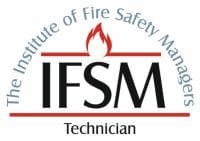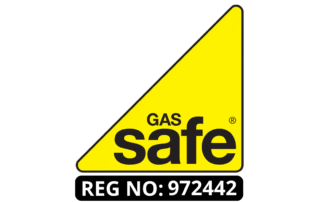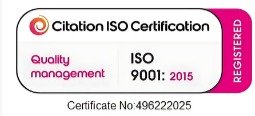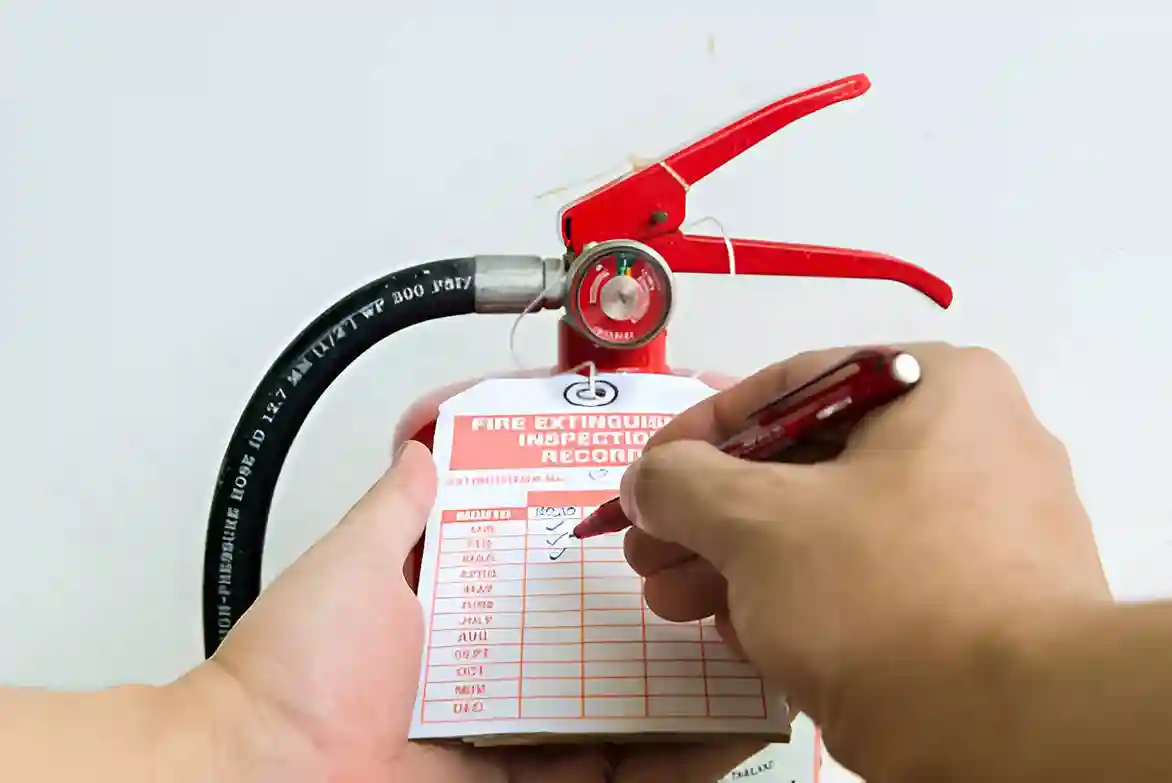
The Landlord Gas Safety Certificate CP12 is an essential aspect of property management that often goes overlooked. Many landlords underestimate its importance, viewing it merely as a regulatory obligation. However, this certificate serves a greater purpose, ensuring the safety of tenants and protecting property investments. Understanding its implications can reveal unexpected benefits and risks. What exactly do landlords need to know about securing this crucial certification? The details may surprise you.
Key Takeaways
- The CP12 certificate serves as evidence that a qualified engineer has inspected all gas appliances in the property and confirmed their safety.
- A CP12 must be obtained annually by landlords, and not meeting this requirement may bring legal fines, void insurance policies, and lower the property’s value.
- Inspections are conducted by qualified Gas Safe registered engineers who verify appliance functionality and check for leaks or obstructions.
- Updates to the CP12 are required with any change of tenancy, new gas appliances, or major renovations to maintain safety standards.
Regular safety checks not only enhance trust between landlords and tenants but also reinforce a commitment to professional property management.
Breaking Down the Landlord Gas Safety Certificate CP12 in Simple Terms
The Landlord Gas Safety Certificate, commonly referred to as the CP12, serves as an important document for property owners.
Property owners are required to obtain this certificate annually, ensuring that gas safety standards are consistently met.
This document is essential for maintaining a harmonious landlord-tenant relationship, as it fosters trust and transparency. By prioritising gas safety, property owners can enjoy the freedom that comes with knowing their responsibilities are fulfilled, reducing legal risks.
Essentially, the CP12 is more than a mere formality; it is an imperial element in upholding safety and peace of mind in rental properties.
Why the Landlord Gas Safety Certificate CP12 Is More Than Just Paperwork
A Landlord Gas Safety Certificate CP12 represents more than a simple requirement for property owners; it embodies a commitment to the safety and well-being of tenants. This certificate validates that gas appliances are functioning correctly, ensuring that tenants can enjoy their living spaces without the looming threat of possible dangers.
Key aspects of the CP12 include:
- Legal Compliance: It fulfils legal obligations, protecting landlords from penalties.
- Tenant Assurance: It fosters trust, reassuring tenants that their safety is prioritised.
- Preventive Measure: Regular inspections can uncover issues before they escalate, promoting a proactive approach to gas safety.
- Property Value: Maintaining safety standards can enhance the property’s marketability and value.
Ultimately, the CP12 serves as an essential instrument in developing a secure and harmonious living environment, reflecting a landlord’s dedication to encouraging tenant freedom and peace of mind.
How a Landlord Gas Safety Certificate (CP12) Safeguards Tenants and Properties
Ensuring safety within rental properties is primary, and the Landlord Gas Safety Certificate CP12 plays an essential role in this regard. This certificate confirms that all gas appliances, flues, and installations are inspected annually by a qualified Gas Safe registered engineer.
The CP12 serves as a symbol of accountability, assuring tenants that their living environment is secure. It promotes trust, providing tenants with peace of mind and the freedom to live without fear of gas-related incidents.
Additionally, properties with a valid CP12 may retain higher market value, as they demonstrate a commitment to safety and well-being.
Ultimately, the Landlord Gas Safety Certificate CP12 is essential for a safe, harmonious rental experience, safeguarding both tenants and properties alike.
The True Cost of Failing to Renew Your CP12 Gas Safety Certificate
Compliance with the Landlord Gas Safety Certificate CP12 is not just a matter of legal obligation; it carries significant financial implications for landlords.
Failing to adhere to this regulation can lead to unexpected expenses that may threaten their financial freedom. The hidden costs of non-compliance can manifest in various ways:
- Fines and Penalties: Local authorities can impose substantial fines for non-compliance, impacting profitability.
- Increased Insurance Premiums: Insurance companies may raise premiums or deny claims if safety regulations are not met.
- Legal Fees: Engaging in legal disputes due to tenant injuries or property damage can be financially draining.
- Property Value Decline: Non-compliance can deter potential tenants, leading to longer vacancy periods and reduced property value.
Understanding these costs reinforces the importance of maintaining compliance to safeguard both assets and financial well-being.
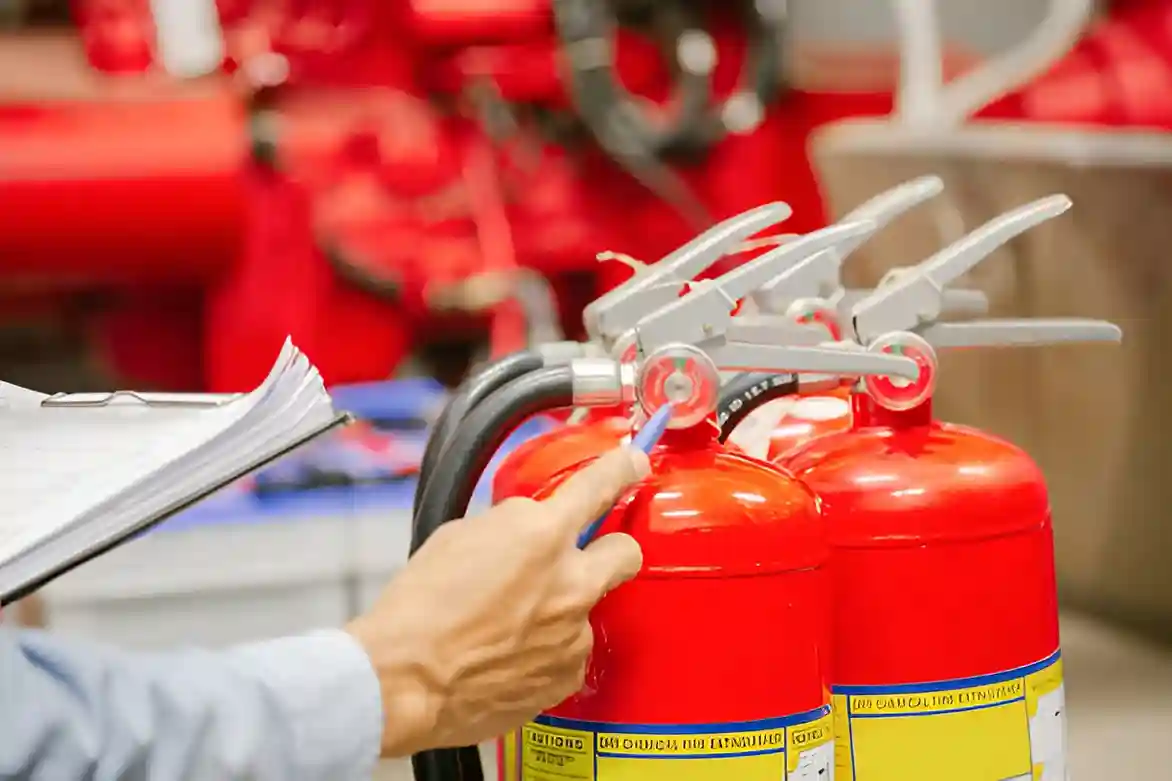
The Complete Guide to Securing Your Landlord’s Gas Safety Certificate CP12
Securing a Landlord Gas Safety Certificate CP12 requires an advanced way to guarantee all necessary steps are completed efficiently.
The process begins with identifying a qualified Gas Safe registered engineer, confirming they possess the necessary credentials.
Preparation is key; landlords must verify access to all gas appliances, and relevant documentation must be available.
On the day of the inspection, landlords should be present to address any questions and understand the process.
Maintaining an up-to-date certificate annually is a fundamental duty for landlords to ensure tenant safety.
What Engineers Assess in a Landlord Gas Safety Certificate CP12 Inspection
During a Landlord Gas Safety Certificate CP12 inspection, engineers conduct a thorough assessment of all gas appliances and systems within the property. Their focus is on guaranteeing safety and compliance with legal standards.
The inspection typically includes the following checks:
- Gas Pipework: They inspect the gas pipework for leaks, corrosion, or any visible damage that could pose a risk.
- Flue Systems: Engineers check the flue systems for obstructions and guarantee proper ventilation, preventing harmful gas buildup.
- Safety Devices: The operation of safety devices, such as emergency shut-off valves, is evaluated to confirm they perform as intended.
This extensive examination helps landlords maintain a safe living environment, protecting both tenants and property.
Landlord Gas Safety Certificate CP12 vs. Regular Boiler Service/ What’s the Difference?
While both a Landlord Gas Safety Certificate CP12 and a regular boiler service are essential for maintaining gas safety, they serve distinct purposes and involve different procedures. The CP12 guarantees that all gas appliances are safe and compliant with legal regulations, while a boiler service focuses on the efficiency and performance of the boiler.
| Feature | Landlord Gas Safety Certificate CP12 | Regular Boiler Service |
|---|---|---|
| Purpose | Safety compliance | Efficiency and performance |
| Frequency | Annually | Annually or biannually |
Top Mistakes Landlords Make About the Gas Safety Certificate CP12
Landlords often misunderstand the importance of the Landlord Gas Safety Certificate CP12, leading to common pitfalls that can compromise tenant safety.
These mistakes can have serious implications, not just for tenants but also for landlords themselves.
- Neglecting Timely Renewals: Many landlords fail to renew their certificates before the expiration date, risking penalties and unsafe living conditions.
- Using Unqualified Gas Engineers: Some landlords opt for cheaper service providers, overlooking the necessity of hiring registered Gas Safe engineers.
- Ignoring Record Keeping: Failing to maintain proper documentation of safety checks can lead to disputes and legal issues.
- Assuming One Certificate is Enough: Landlords may mistakenly believe that a single CP12 suffices indefinitely, not realising the need for annual assessments.
Landlord Gas Safety Certificate CP12: How Often Should You Update It?
When it comes to maintaining a safe living environment, the frequency of updating the Landlord Gas Safety Certificate CP12 is essential. This certificate must be renewed annually to comply with legal obligations and guarantee tenant safety. Landlords should be vigilant; failing to update the CP12 can lead to severe repercussions, including hefty fines or even imprisonment.
The following table summarises key timelines for gas safety updates:
| Event | Update Frequency |
|---|---|
| Annual Safety Check | Every 12 months |
| Change of Tenancy | Upon new occupancy |
| New Gas Appliances Installed | Before the next safety check |
| Major Property Renovations | Immediately after completion |
Tips to Make Passing Your Landlord Gas Safety Certificate CP12 Stress-Free
Guaranteeing a smooth process for passing the Landlord Gas Safety Certificate CP12 can greatly reduce stress for property owners.
- Punctual Analysis: Plan examination well to avoid last-minute dangers and ensure adherence to updated laws.
- Keep Records Organised: Maintain clear documentation of past safety checks, repairs, and appliance manuals for easy reference during inspections.
- Communicate with Tenants: Inform tenants about the importance of gas safety, encouraging them to report any issues promptly.
- Hire a Qualified Engineer: Select a registered gas engineer who understands regulations and can conduct thorough assessments.
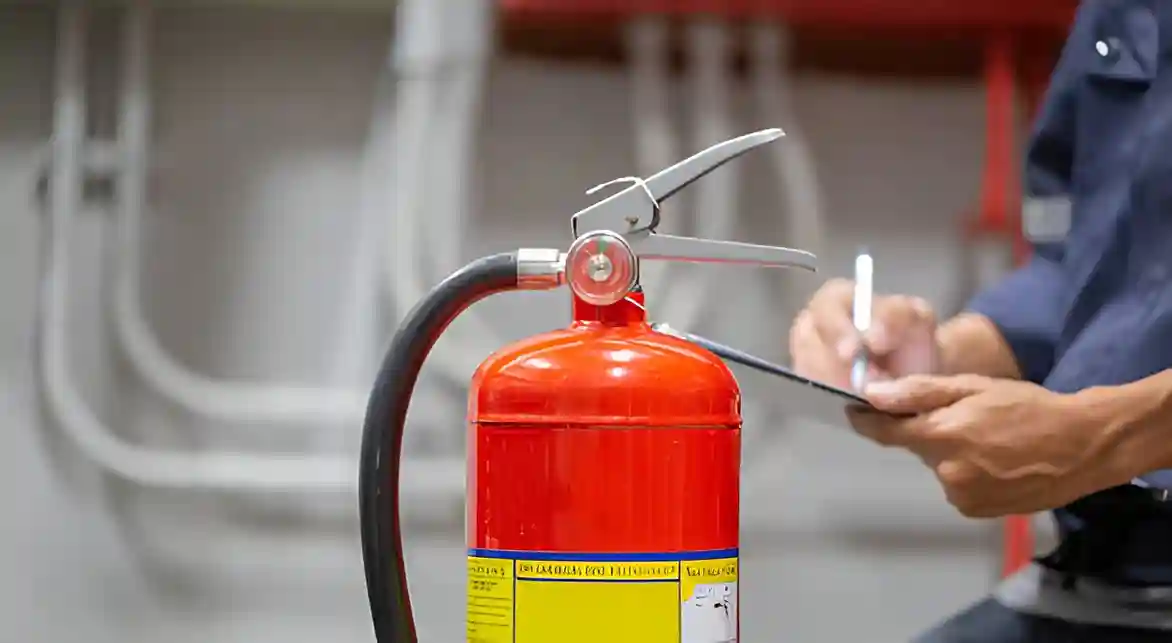
Landlord Gas Safety Certificate CP12: A Safety Net for Landlords and Tenants Alike
The Landlord Gas Safety Certificate CP12 serves as an essential safeguard for both landlords and tenants, as it guarantees that gas appliances are safe and compliant with regulations. This certificate not only protects tenants from unsafe risks such as gas leaks or carbon monoxide poisoning, but it also shields landlords from legal repercussions and financial liabilities.
By ensuring that gas installations are regularly inspected and maintained, landlords foster a sense of trust with their tenants, promoting a harmonious living environment.
Moreover, the CP12 certificate empowers tenants, providing them with peace of mind regarding their safety. In a landscape where freedom and security are paramount, this certification stands as proof of responsible property management.
Ultimately, the Landlord Gas Safety Certificate CP12 embodies a commitment to safety and compliance, benefiting both parties and reinforcing the importance of maintaining a secure home environment.
Frequently asked questions.
Conclusion
In conclusion, the Landlord Gas Safety Certificate CP12 is integral for ensuring the safety and compliance of rental properties. It serves not only to protect tenants from possible risks but also to uphold landlords’ legal responsibilities. By understanding its importance and adhering to the necessary regulations, landlords can encourage trust and transparency in their relationships with tenants, while safeguarding their investments. Ultimately, the CP12 certification is an essential component of maintaining a secure and responsible living environment for all.
